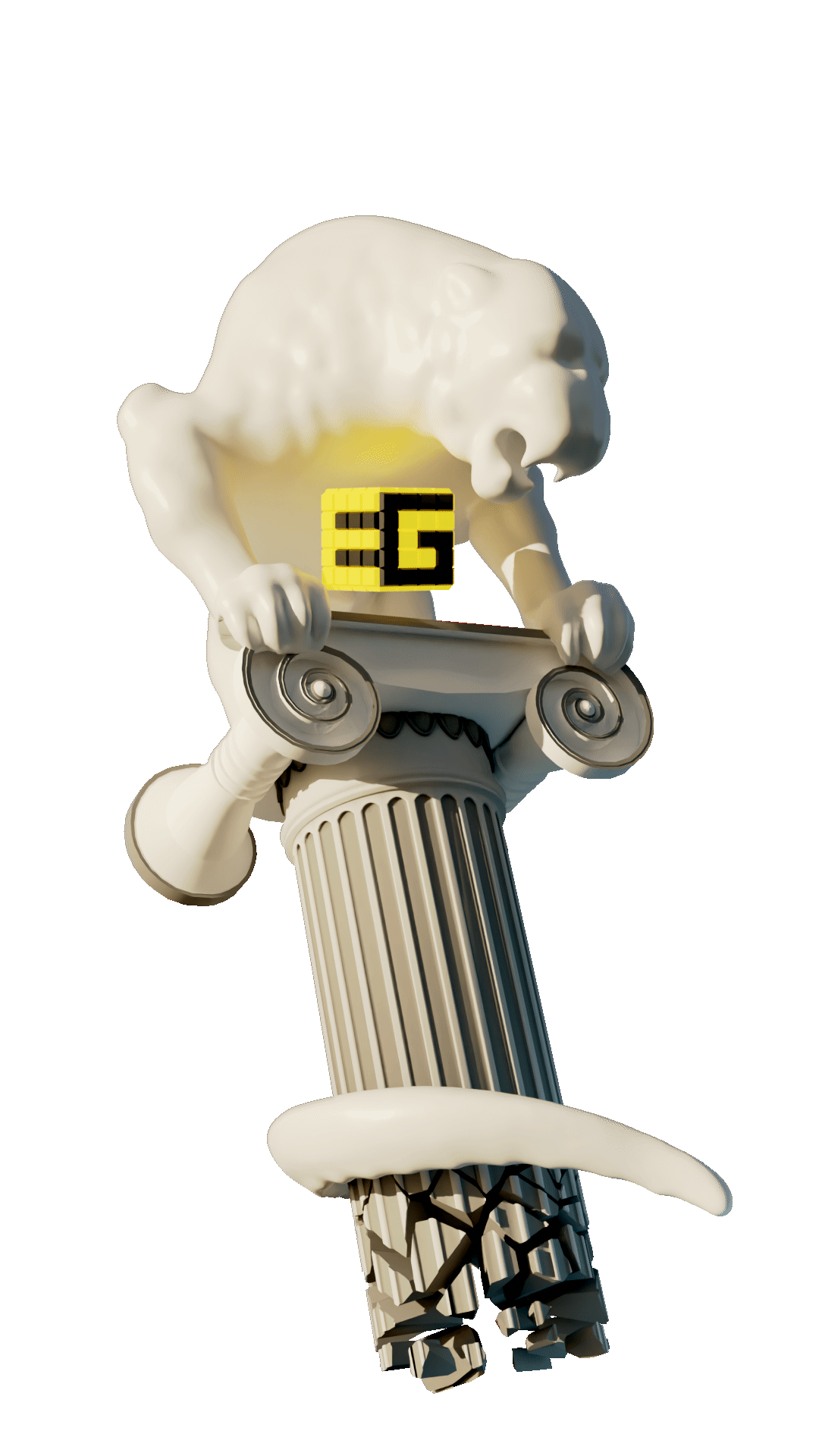Call for Education Papers
The scope of the track includes topics in education concerned with computer graphics and related areas, relevant teaching/classroom experience, as well as assignments for use in these subject areas. We invite authors to submit papers, panels and outstanding student projects specifically related but not limited to the following topics:
-
· Teaching Computer Graphics courses to diverse audiences and levels.
-
· Teaching related areas such as Visualisation, Animation, VR/AR/XR, 3D printing, and Game Development.
-
· Designing and teaching face-to-face, online and hybrid courses in the abovementioned areas.
-
· Enabling and exploiting visual tools and techniques to teach in other disciplines.
-
· Promoting undergraduate research in Computer Graphics.
-
· Curriculum design, industry collaborations, and student experience.
-
· Equity, Inclusion & Accessibility
Timeline
[Fri] Feb. 6, 2026: Submission deadline
[Mon] Feb. 16, 2026: Submission deadline
[Fri] Mar. 13, 2026: Notification to authors
[Fri] Apr. 3, 2026: Camera-ready deadline
[Mon] May 4, 2026: Conference begins!
Submission Format
We invite authors to submit their contributions that fall into one of the following categories:
Regular papers [max. 8 pages]
Describe the experience of educators in the fields listed above, bringing ideas on how to make the education process more engaging, efficient, and interesting, attracting students to further research work, discussing innovative opportunities, etc. Whenever possible, we encourage authors to provide evidence of their effectiveness.
(Catching) assignments [max. 4 pages]
Explain real assignments, providing examples of handouts and starter codes and examples of student works. Explanations and descriptions of when and how to implement and facilitate the assignments in a semester (e.g., orchestration details) are highly recommended. Describing the assessment method is also suggested. Authors may provide all relevant artifacts as supplementary materials during submission and agree to provide access to them online upon acceptance.
Outstanding student projects (individual or group) [max. 2 pages]
Describe the learning context for the project and show how the student(s) brought creativity to their work. Upon acceptance, authors are expected to demonstrate the project during their presentation.
All papers and supplementary material will be published in the Eurographics Digital Library. Authors of selected high-quality papers might get invited to submit an extended version of their work to a journal (details to be announced).
Submission Details
Anonymous submissions must be formatted according to the Eurographics Author’s guidelines.
Submissions will be made electronically through the Eurographics Submission and Review Management (SRMv2) system and are subject to a review process.
Generative AI policy
Authors can utilize Generative AI tools to assist with grammar corrections while preparing their submissions. However, authors are responsible for any misrepresentation, factual inaccuracy, or plagiarism in their submission. Papers containing citations of non-existent material or obvious factual inaccuracies will be rejected when found and may be rejected without review.
In-Person Presentation Policy
Please consider our new in-person presentation policy.
Submission Format
For examples, please view the accepted papers from last year.
Contact
For any questions concerning education paper submissions, please do not hesitate to contact the program co-chairs:
· Birte Heinemann, RWTH Aachen University
· Burkhard Wünsche, University of Auckland
Email: chairs-eg2026edu@eg.org

